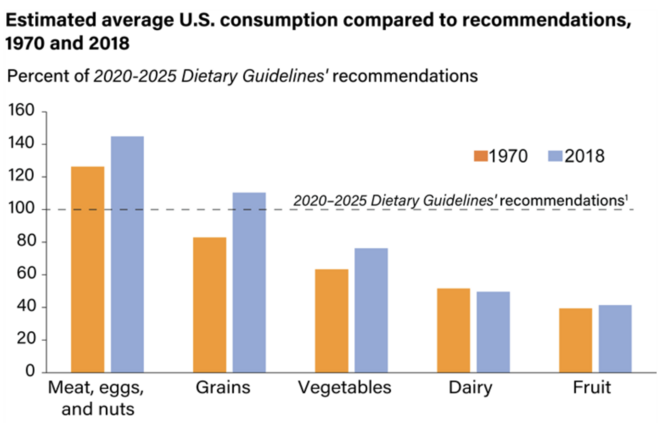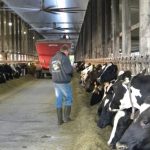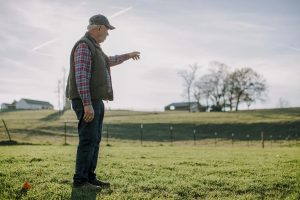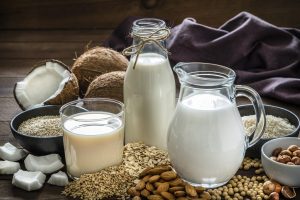
Disruption of the food supply chain is perhaps the single most impactful event that can have detrimental effects globally. Also, the emissions that are produced as a result of the global food supply are just as impactful to our future and the shortage of food itself.
According to 2018 data from the United States Department of Agriculture (USDA) meat, eggs and nuts are the primary sources of food across the states while vegetables are the third largest and fruit is at the bottom. However, from what we’ve seen over recent years, many would suggest the meat supply chain accounts for a large proportion of the industry’s emissions and is therefore unsustainable in its current mass-production form.
Now, this is not to blame the humble cow or any other animal for climate change, but more the processes in which meat is reared and distributed across the US. With certain regenerative principles in place—and the support from the public to reduce consumption—farms are known to provide higher quality goods that are nutritionally beneficial.

How does regenerative agriculture support a sustainable food system?
This is neither a slight of common habits, nor a simple task to conduct. In order to make the food system sustainable economically, consistent, and less impactful to the climate, examples of regenerative agriculture show the impacts of more mindful farming.
On the 17th October 2023, General Mills and Walmart announced a joint effort that will likely spark further consideration as the organisations advance regenerative agriculture across 600,000 acres of US soil by 2030. This project is about reducing the emissions and resource-drain from farming, improving soil health and, in turn, product quality.
The primary projects will be supported through grant funding from the National Fish and Wildlife Foundation (NFWF) and will reshape the process for growing crops like wheat across the Northern and Southern Great Plains.
Based on the research from the USDA, grains are the second most-consumed foods in the country after the meat, eggs, and nuts group.
These two corporations will also collaborate with Sam’s Club, a division of Walmart that offers superior quality and pricing for millions of items supplied to the US and Puerto Rico.
“Through this partnership, we will work hand-in-hand with Walmart and Sam’s Club to help regenerate the acres of land in the key regions where we source ingredients for our shared business,” says Jon Nudi, Group President, North America Retail at General Mills.
“We are excited by the opportunity to bring our products, including Pillsbury refrigerated dough and Blue Buffalo pet food and treats, to Walmart shelves more sustainably, with the help of our merchants and farmer partners.”
The three organisations believe that regenerative agriculture holds the key to emissions reduction in the supply chain and tackles many of the challenges within the modern food system. They also recognise their collective footprint and overall impact on the industry, and therefore will set the benchmark for regenerative agriculture implementation in the wider industry.
Walmart’s and General Mills’ sustainability alignment
Both organisations are impacted by the fate of the planet. As influential businesses in the food supply chain—Walmart operating across many facets of consumer goods—sustainability is now at the core of their future projects. Walmart’s net-zero emissions target is set for 2040 and will be driven by a number of investments into clean energy, providing 100% renewables to its facilities by 2035. The path to net-zero in Scope 3 requires further action to support its partners, suppliers, and customers to deliver on their own emissions targets.
When it comes to securing the food supply chain, Walmart dedicates much of its support to preserving land for regenerative projects and in investing deforestation-free product sourcing, which was recognised as one of the key downfalls of the meat supply chain—limited space resulting in deforestation.
“We’re committing to making the everyday choice the more sustainable choice for consumers,” says John Laney, Executive Vice President, Food at Walmart US.
“This collaboration is an example of how we are working across our value chain on intentional interventions to help advance regenerative agriculture and ensure surety of supply for these essential food products for the long term.”
As a key supplier of food globally, General Mills owns some of the much-loved brands and will continue to ensure that these products are delivered at lower impact to the planet. Also focusing on regenerative agriculture, energy sourcing and packaging innovation will also allow the company to drive healthier approaches in the food supply chain.























